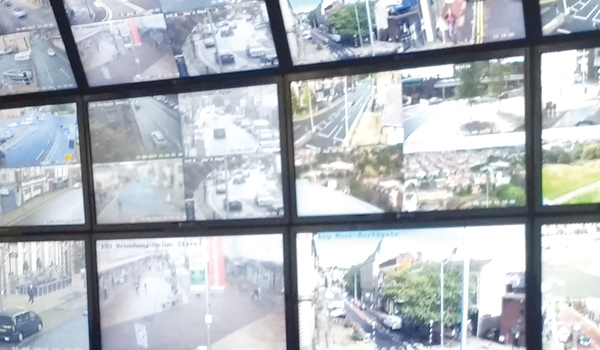Police lack resources to handle telematics data
Motor fraud experts believe the police face an increasingly wide skills gap as complex connected vehicles and telematics devices become commonplace.

Motor fraud experts believe the police face an increasingly wide skills gap as complex connected vehicles and telematics devices become commonplace.
Connected vehicles are becoming increasingly prevalent and generate large quantities of data that can be used as vital clues in police investigations and as evidence in court, said the motor fraud investigator Asset Protection Unit (APU).
It said up to 20 per cent of vehicles sold worldwide in this year will include some form of embedded connectivity.
That figure is set to increase six-fold to 152 million vehicles by 2020 (http://www.forbes.com/sites/niallmccarthy/2015/01/27/connected-cars-by-the-numbers-infographic/), while telematics-based insurance policies soared nine per cent in the UK between January 2014 and January 2015 296,000 to 323,000 (http://www.biba.org.uk/MediaCenterContentDetails.aspx?ContentID=3868).
But APU believes UK police lack the resource, personnel and expertise to interrogate telematics data and package it into a format usable as evidence in court.
APU has been called upon more times in the past six months than in the previous two years combined to interpret data from a variety of black boxes for police forces across the UK. These include ongoing investigations into a collision that caused the death of a pedestrian and a major crash for cash fraud operation.
Neil Thomas, director of investigative services at APU, said: The police face a dilemma; in the age of the connected car, collecting the evidence isnt so much the problem, its the interpretation of that information which causes the headaches.
They know that telematics can be a valuable tool for them in bringing criminals to justice, but they dont have the right people and IT capability to interrogate the data and package it into a meaningful, usable format.
After an accident, for example, a car installed with an advanced telematics device is capable of providing a huge amount of detail about the accident speed, braking, steering inputs, location, G-force, passenger information, impact angle and more but the police struggle to make sense of it.
Mr Thomas said academic research he conducted in association with Coventry University revealed a need for greater collaboration between the public and private sectors to improve criminal justice efficiency.
With more cuts on the way, I would encourage the police to explore how existing cost-effective private sector technology and expertise can help them investigate crime, he added.



